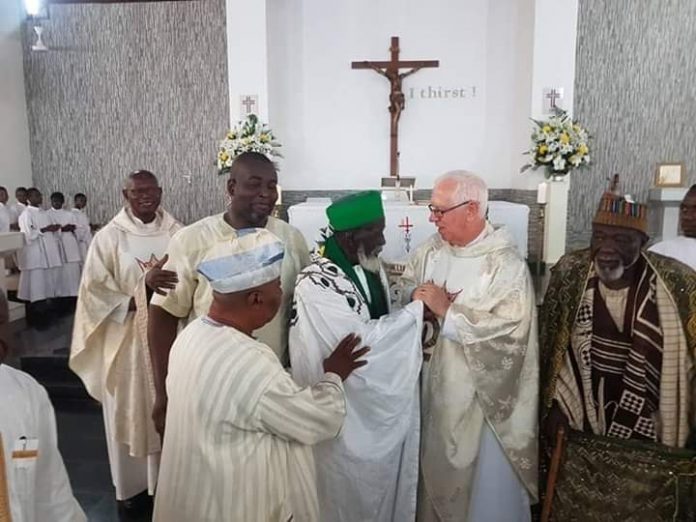
|
Getting your Trinity Audio player ready...
|
In late March, the Ghanaian government locked down parts of the Greater Accra and Ashanti regions to slow the spread of COVID-19 and deployed security personnel to enforce the restrictions. In announcing the measures, President Nana Akufo-Addo said he was aware that many citizens operate in the informal sector, depend on their daily earnings to survive, and rely on essential services not readily available in their homes or compounds. He asked key stakeholders from the private, informal, and religious sectors to support implementation of the partial lockdown.
Three weeks in, the public’s initial cooperation with lockdown directives, including a ban on public gatherings, began to wane. There were reports of people going to the beach and organizing parties, wedding ceremonies, and traditional rites (Bokpe, 2020; Ghanaweb, 2020a). Traffic began building back up in some parts of Accra (Modern Ghana, 2020a). More than 400 people from 13 of the country’s 16 regions were arrested for flouting the lockdown orders as security personnel intensified efforts to enforce compliance (Dapaah, 2020; Modern Ghana, 2020b). Another worrying trend was community resistance and protests against the siting of isolation centers in some areas (Ghanaweb, 2020b).
With the number of COVID-19 cases in Ghana rising, and the government’s recent decision to lift the partial lockdown, there is an urgent need to scale up the sensitization of Ghanaians on the pandemic and steps – and very real sacrifices – needed to contain the virus. And government may need all the help it can get.
Results of an Afrobarometer survey conducted in late 2019 suggest that religious and traditional leaders could be an important asset in this effort. They enjoy greater popular trust and more contact with citizens than most other leaders. A broader consultation with traditional and religious leaders who have close interaction with the people they lead might be an effective way to court public cooperation in the implementation of anti-COVID-19 measures.
Afrobarometer survey
Afrobarometer is a pan-African, nonpartisan survey research network that provides reliable data on African experiences and evaluations of democracy, governance, and quality of life. Seven rounds of surveys were completed in up to 38 countries between 1999 and 2018. Round 8 surveys in 2019/2020 are planned in at least 35 countries.
Afrobarometer conducts face-to-face interviews in the language of the respondent’s choice with nationally representative samples. The Afrobarometer team in Ghana, led by the Ghana Center for Democratic Development (CDD-Ghana), interviewed 2,400 adult Ghanaians between 16 September and 3 October 2019. A sample of this size yields country-level results with a margin of error of +/-2 percentage points at a 95% confidence level. Previous surveys were conducted in Ghana in 1999, 2002, 2004, 2008, 2012, 2014, and 2017.
Key findings




Trust in religious and traditional leaders
In the Afrobarometer survey in late 2019, respondents were presented with a list of formal and informal leaders and asked, “How much do you trust each of the following?” Responses show that religious and traditional leaders are among the most trusted leaders in Ghana. Almost two-thirds (64%) of citizens say they trust religious leaders “a lot” or “somewhat,” second only to the army. Traditional leaders ranked fourth, just behind the president, with 55% of citizens saying they trust them “a lot” or “somewhat.” These two outrank other key public leaders, including members of Parliament (41%), assembly men and women (41%), and metropolitan, municipal, or district chief executives (MMDCEs) (38%) (Figure 1).
Download the full article below:
By Josephine Appiah-Nyamekye Sanny and Gildfred Boateng Asiamah




